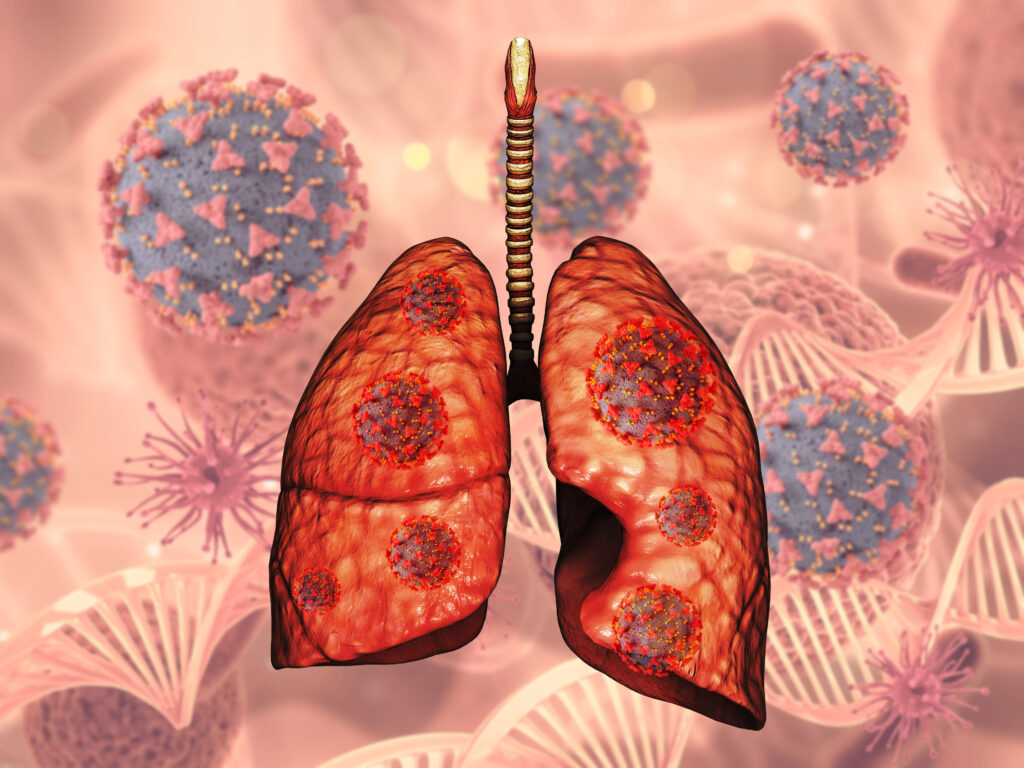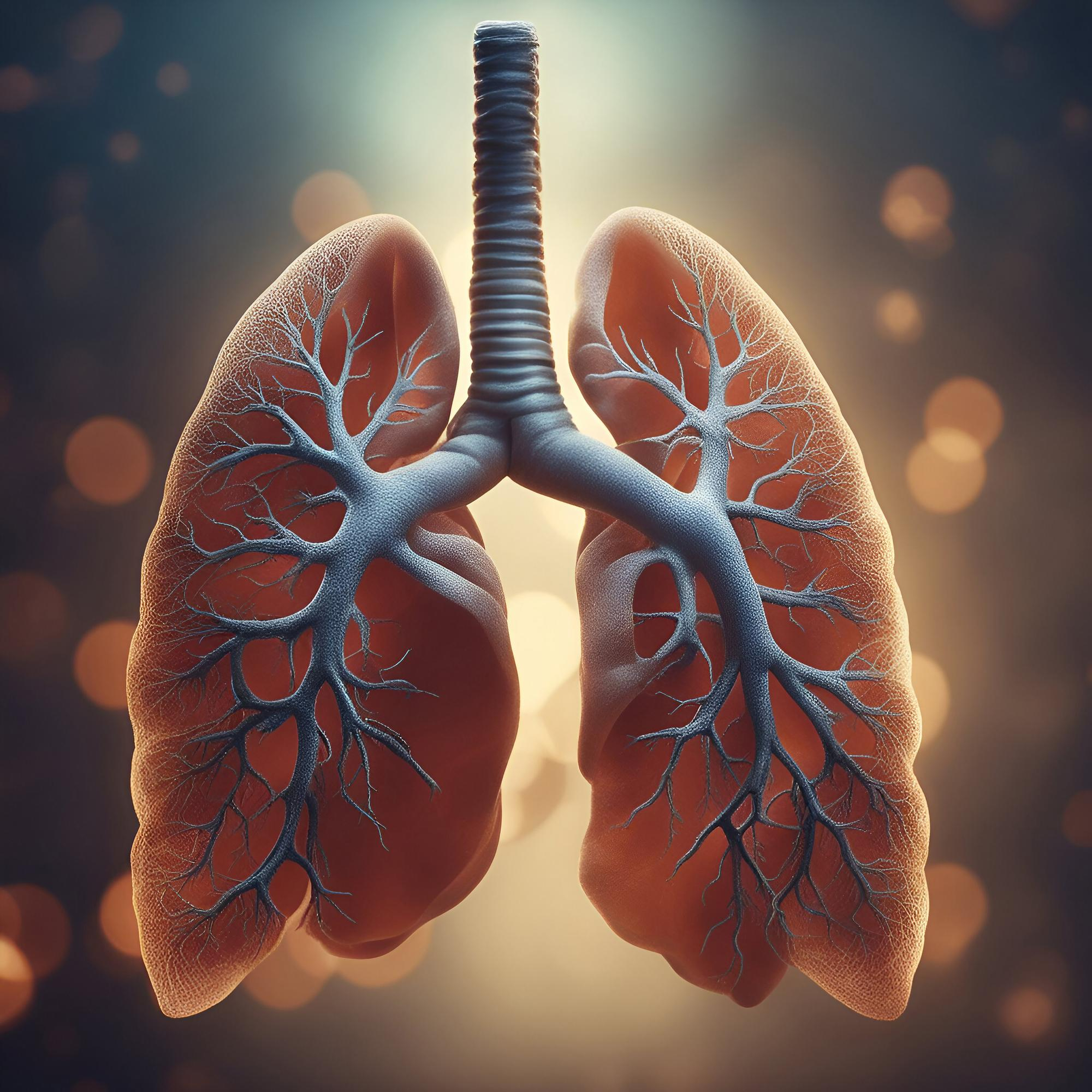Here, we are going to share information on the topic “5 causes of asthma.” Asthma, a chronic respiratory condition affecting millions worldwide, stems from various triggers. Genetics, environmental factors like pollution, allergens such as pollen or dust mites, respiratory infections, tobacco smoke exposure, and physical activity can exacerbate symptoms. Understanding these five causes is crucial for effective asthma management and prevention.
When you are in the presence of “asthma triggers,” you run the risk of having an asthma attack. The things that trigger your asthma may not trigger someone else’s in the same way. Understand your triggers and how to stay away from them. When you are unable to evade the triggers, be on the lookout for an attack. Among the most typical triggers are

5 causes of asthma
1. Tobacco Smoke
- Smoking tobacco is bad for everyone, but it’s especially bad for asthmatics. Give up smoking if you smoke and have asthma.
- Smoke produced by a smoker that is inhaled by another person is known as “secondhand smoke.” An asthma attack may be brought on by secondhand smoke.
- Make a smoke-free area in your house. Urge any smokers in the home to give up. People should never smoke next to you, in your car, at home, or anywhere else you might spend a lot of time if you have asthma.
2. Dust mites
Numerous homes contain dust mites, which are minute insects. Dust mite allergies can cause an asthma attack in those who have asthma. To avert assaults:
- To create a barrier between you and dust mites, use pillowcase coverings and mattresses that are allergen-proof.
- Avoid using comforters, blankets, or pillows loaded with down.
- Wash and thoroughly dry your bedding once a week.
- Use a vacuum with a HEPA filter to often vacuum floors, area rugs, and carpets.
- Maintain low relative humidity levels in your house, between 30 and 50%.
3. Air pollution outdoors
- Pollution from the outdoors might aggravate an asthma attack. There are numerous sources of this pollution, such as vehicles, factories, and smoke from wildfires.
- Hazardous gases and tiny particles are mixed together to create wildfire smoke, which is produced when wood or other plants burn.
- An asthma attack may result from breathing in excessive amounts of this smoke.
- To schedule your activities during periods of low air pollution, pay attention to air quality forecasts on radio, television, and the internet. You can also consult your newspaper.
4. Pests (such as mice and cockroaches)
Where food is consumed and crumbs are left behind, cockroaches and other bugs are frequently discovered. How to keep bugs out of your house:
- Eliminate as many sources of food and water as you can.
- Clear up spills, crumbs, and dishes immediately.
- Food should be kept in sealed containers.
- Trash should be kept in a closed container.
- Vacuum or sweep any areas that could attract mice or cockroaches at least once every two to three days.
- Maintain clutter-free, spotless floors, tables, sinks, and counters.
- Caulk gaps or crevices in baseboards, walls, cabinets, and plumbing.
- As directed by the manufacturer, use pesticide baits and traps in locations away from kids and pets.
- Sprays and foggers should not be used since they can trigger asthma attacks.
Pets: If you have an allergy to furry animals, they may cause an asthma attack. You could want to find a furry pet a new home if you believe it is the source of the attacks. Reduce your exposure if you are unable or unwilling to find the pet a new home by doing the following:
Refusing to allow pets in bedrooms
- washing animals with fur, using a HEPA-filtered air purifier, and covering pillows and mattresses to prevent allergens.
- Since pets’ fur does not trigger allergies in those who have asthma, shaving your pet’s fur will not improve your asthma.
5. Mold
- Whether or not you have a mold allergy, breathing in mold can cause an asthma attack.
- Indoor mold development is frequently observed in moist spaces like basements, kitchens, and bathrooms, as well as in places where there has been water damage.
- Mold comes in a variety of forms and can grow in any type of climate. Eliminate mold from your house to help you better manage your attacks.
To lessen your home’s susceptibility to mold:
- In order to stop mold formation, dry damp or wet goods within 24 to 48 hours.
- As soon as you can, fix water leaks, such as leaking plumbing, that allow mold to grow beneath floors and behind walls.
- If there is mold, replace absorbent materials like carpet and ceiling tiles.
- To keep interior humidity low, use a dehumidifier or air conditioner.
- Invest in a tiny instrument known as a hygrometer to measure the humidity and try to maintain it at no more than 50%. Check the humidity levels more than once a day because they fluctuate throughout the day.
- Clean hard surfaces free of mold by using water and detergent. Let it air dry entirely.
- Regularly empty and clean the drip pans in your refrigerator and air conditioner.
- When taking a shower, open the window or turn on the bathroom exhaust fan.
Frequently Asked Questions
(5 causes of asthma)
What triggers asthma attacks?
Answer: Allergies, air pollution and other airborne irritants, respiratory infections, other medical disorders, physical activity or exercise, weather and air temperature, intense emotions, and certain medications are among the most common asthma triggers. The causes of asthma differ from individual to individual.
What triggers a cough associated with asthma?
Answer: Common Causes of Asthma Cough
Allergens found outdoors, such as weed, tree, and grass pollen. allergens found indoors, including mold, dust mites, and pet dander. certain medications or food additives. Strong smells like perfume or air pollutants like smoke or chemical fumes can also be irritants in the air.
How can asthma be avoided?
Answer:
- Avoidance
- Adhere to your asthma action plan.
- Vaccinate yourself against pneumonia and influenza.
- Recognize and stay away from asthma triggers.
- Keep an eye on your breathing.
- Recognize and address assaults promptly.
- As directed, take your prescription drug.
- Be mindful of using quick-relief inhalers more frequently.
Who is susceptible to asthma?
Answer: People with other allergy disorders, such as eczema and rhinitis (hay fever), are more likely to develop asthma. The prevalence of asthma is known to rise with urbanization, most likely as a result of various lifestyle variables. Early life experiences have an impact on the developing lungs and can raise the likelihood of acquiring asthma.
What are wheezing’s three primary causes?
Answer: Infections, allergic reactions, and physical obstructions like tumors or inhaled foreign objects are common reasons.
Can asthma be brought on by stress?
Answer: Asthma Symptoms Can Be Triggered by Emotions
Depression, stress, and emotions. Stress and intense emotions are well-known asthma causes. While the results are not always consistent, there is evidence linking depression, anxiety, and asthma. Poor asthma control may be linked to anxiety and depression.

Conclusion
(5 causes of asthma)
In conclusion, asthma’s multifaceted nature arises from genetic predisposition, environmental pollutants, allergens, infections, and tobacco smoke. Recognizing these triggers empowers individuals to mitigate risks, manage symptoms, and enhance their overall quality of life. Through targeted interventions and awareness, we can alleviate the burden of asthma on affected individuals and communities.
So, this is how the topic “12 eye exercises to improve eyesight” has been addressed.
For more information related to these topics,
You may also visit our Instagram page by
Thank you!

